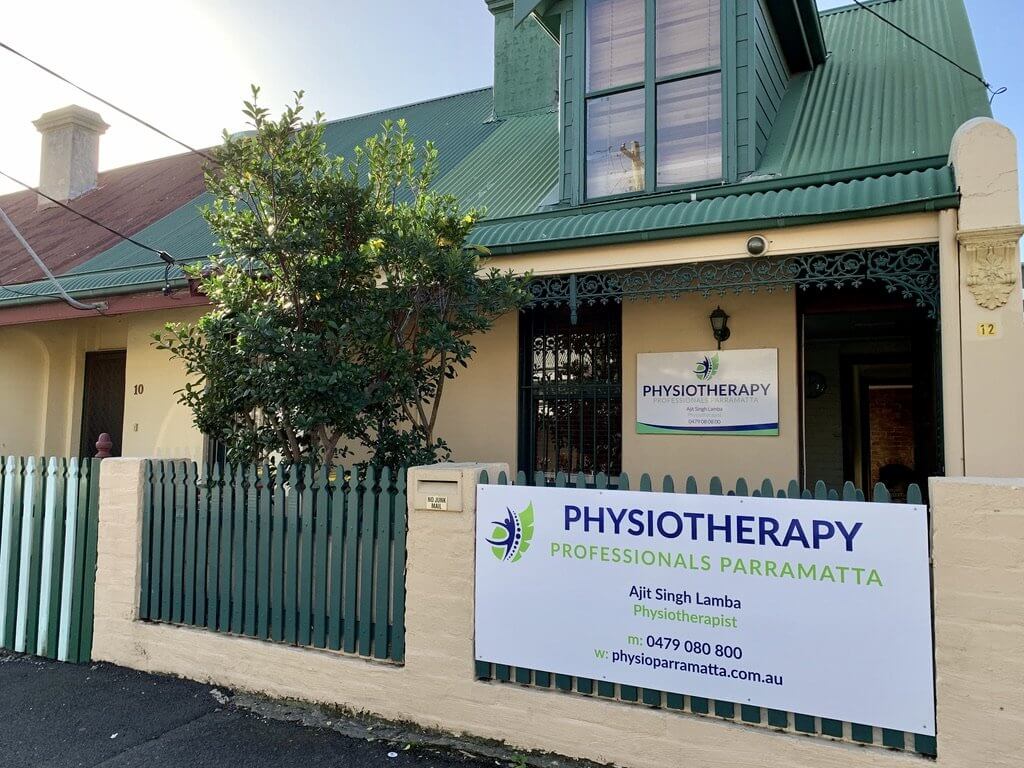Herniated Disc after a Car Accident

What are lower back discs?
The inter vertebral discs separate the vertebrae of the spine.
Discs in theory have a role in absorption and stabilisation as well as allowing movement in the back joints.
Discs are comprised of two parts; annulus fibrosis (outer fibrous layer) and the nucleus pulposis (inner layer)
Terms used to describe disc injury include
Disc bulge
Ruptured disc
Herniated disc
Prolapsed disc
Normal pain free people can have all disc changes on their spinal scans including MRI and CT’s.
Symptoms of Herniated Disc after a Car Accident
Some people with disc bulges can complain of:
- Back pain
- Radiated pain into the leg
- Numbness or pins and needles into the leg
- Weakness in the leg and foot
- Pain worse with coughing and sneezing
- Pain worse with bending or sitting for extended periods.
What physical things affect disc injuries
- Car accident, Work accident
- Incorrect lifting techniques – Our spines naturally moves with a little bend and in fact with conditioning can become very strong.
- Poor posture has been widely publicised as a caused of disc injury but there isn’t real research to back up this theory. However, Curitn University are currently researching this at the moment and hopefully the results will clarify this for us.
- Obesity- This is still a risk factor in having back pain generally and not necessarily a risk for developing disc budges
- Lack of regular exercise and strength
Self-Care for Disc Bulges
Some things that have been used include:
- Relative rest in the correct alignment, resting in provocative positions such as sitting can worsen the condition
- Over-the-counter pain-relieving medication
- Ice packs or warm packs
- Upright posture
- Resting the back by not bending, twisting or lifting heavy weights
- Warm baths
- Sleeping on a mattress that is not too soft or too hard
- Ergonomic furniture, such as chairs with lumbar support
- Gentle exercises to strengthen and support the lower back
- Gentle walking program as pain permits
However, there aren’t any real direct link that these interventions have a direct affect on the disc budge in the current research but some do have an effect on reducing pain perception.
Treatment for Disc Bulges
- Physiotherapy
- Medication including pain relief and anti-inflammatories
- Epidural steroid injections into the disc region
- Manipulative therapies
- Surgery
- Alternate therapies such as Trigger point therapy or dry needling
Surgery for Disc Bulges
- Unless you have a severe nerve compression causing leg numbness, muscle strength loss, loss of reflexes then surgery is usually not recommended
- There has been recent increase in spinal fusions an all in the private sector
- Back surgery for back and leg pain only is no more effective than good, high value physiotherapy care.
Physiotherapy Treatment for Herniated Disc after a Car Accident
- Soft Tissue Release: Muscle tension is usually a symptom of the underlying problem and can assist to unwind a tense area
- Spinal mobilisations or joint mobilisations can have good outcomes to ease symptoms
- Dry needling or acupuncture can also ease muscle tightness and have positive effects for disc budge related pain
- Ultrasound, interferential, shockwave, any most machines haven’t been shown to speed up recovery
What is a Herniated Disc?
A herniated disc is a type of back injury, commonly caused by overexertion and potentially after a car accident due to high levels of trauma associated with a car accident.
Herniated discs are extremely painful and can potentially lead to long-term debilitation.
Common Causes of a Herniated Disc
Most herniated discs are triggered by physical overexertion, car accidents or wear and tear.
It can be difficult to pinpoint the exact cause of a herniated disc in some cases, as the pain associated with this type of injury often develops gradually.
However, many spinal injuries can be traced back to some form of physical activity, such as picking up a heavy object with poor lifting technique.
Factors that Increase the Risk of a Herniated Disc
A range of factors can increase the risk of disc herniation.
- Weight gain – Excess weight can place an unsustainable amount of stress on the spinal discs, especially in the lower back region.
- Smoking – Over time, the toxins found in cigarettes can reduce blood flow to the spinal discs, encouraging disc degeneration.
- Age – Spinal discs tend to lose elasticity as we get older, making them less able to absorb stress.
- A physically demanding occupation – Jobs that involve lots heavy lifting are linked with high instances of disc herniation.
Maintaining a healthy lifestyle and avoiding physical overexertion is the best way to minimise these risks.
It’s often known as a slipped disc
A herniated disc (also sometimes known as a ‘slipped disc’) refers to damage sustained by the jelly substance located between each vertebra (spinal bones).
Every human spine has 23 discs, extending from the top of the neck down to the lower back.
Spinal discs help protect your back by absorbing the stresses involved with everyday movement, such as walking, sitting and bending.
Spinal discs are prone to rupturing
Since they are comprised of a soft rubbery substance, spinal discs are prone to rupturing especially after a car accident.
When a rupture occurs, it can put pressure on the nerves located in the spinal cord, causing discomfort.
The Difference Between a Herniated Disc and a Bulging Disc
Herniated discs and bulging discs are classified as separate injuries. Herniated discs are non-contained, meaning the disc tissue has been torn or ruptured.
This causes a gel-like matter to leak into the spinal column, conversely, bulging discs are isolated.
Many herniated discs start out as bulging discs.
A small portion of the disc may protrude into the spinal cavity, but no tear or rupture is present in its outer layer.
Coping with Herniated Disc Pain
Herniated disc pain can be excruciating. It frequently spreads from the back into other parts of the body, including the legs, shoulders and arms, and can make basic physical movements difficult
For less severe herniated disc injuries, avoiding physical activity for a number of weeks can be effective for pain management.
Over-the-counter medications, physical therapy and heat packs can also help, but surgical intervention may be needed if the pain doesn’t subside.
Can a Herniated Disc Heal On Its Own?
Yes, a herniated disc can heal on its own. The amount of time it takes varies person to person. This can depend on your lifestyle, age, previous injuries etc.
The body’s natural immune response helps reduce the size of the herniation, although you must avoid strenuous physical activity for this process to take place.
Does Physiotherapy help a herniated disc?
Yes, Physiotherapy can also help recover from disc injuries.
Even if your symptoms subside, you shouldn’t assume that your injury has completely healed.
The pain may reappear over time, especially if you resume the activities that caused the herniation in the first place.
When to See a Doctor for a Herniated Disc
Always seek medical advice if you experience any discomfort in your back lasting longer than a few days.
Herniated discs can worsen if not treated in a timely manner, prolonging the recovery process. Even if your symptoms are mild, don’t wait for them to get better on their own.
Herniated Disc Diagnosis
There are several diagnostic tests that can be used to confirm a herniated disc.
- Physical examination – Your doctor can use this procedure to look for limitations in your range of movement, numbness in your arms and legs and other typical characteristics of disc herniation.
- Imaging tests – CT scans, MRIs and X-rays are all able to detect a herniated disc.
Herniated Disc Surgery
Surgery can be used to treat a severe or chronic herniated disc. By undergoing a surgical procedure known as a discectomy, the injured person can have a portion of their ruptured disc removed. This can help relieve the pressure on the spinal nerves and any corresponding pain.
The entire disc may need to be removed if a large enough rupture has occurred.
Herniated Disc after a Car Accident Recovery Time
Recovering from a herniated disc can be a lengthy and complicated process. The recommended recovery time for a mild herniated disc is around 6 weeks, but a severe herniation can take longer to heal.
The duration of your recovery will depend on the size of the herniation and the location of the affected disc. Following the advice of your doctor will ensure you can recover from a herniated disc as quickly as possible.
Contact Us:
For more information on how we can further assist you, please call our clinic number on 0479 080 800 or send us an email on admin [email protected] for further details. Our Physiotherapists are Medicare, NDIS, DVA and Work Cover approved, specialising in injury management and rehabilitation to get you back on track.

Other Posts:
